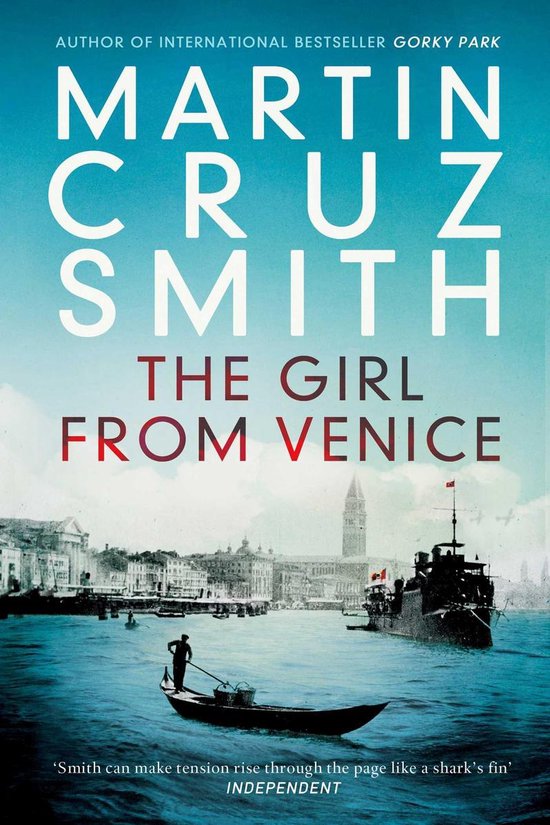The arkady renko novels the siberian dilemma

Direct beschikbaar
‘Cruz Smith at his best: ace storytelling with dry, laconic dialogue and a crumpled but courageous hero’ Adam LeBor, Financial Times
Investigator Arkady Renko, described as ‘one of the most compelling figures in modern fiction’ by USA Today, finds himself travelling deep into Siberia when journalist Tatiana Petrovna disappears on a case.**
Journalist Tatiana Petrovna has disappeared. Arkady Renko, iconic Moscow investigator and Tatiana’s on-off lover, hasn’t seen her since she left on a case over a month ago. No one else thinks Renko should be worried – Tatiana is known to disappear during deep assignments – but he knows her enemies all too well and the criminal lengths they will go to keep her quiet. Given the opportunity to interrogate a suspected assassin in Irkutsk, Renko embarks on a dangerous journey to Siberia to find Tatiana and bring her back.
Renko finds Siberia to be a land of shamans and brutally cold nights, oligarchs wealthy on northern oil and sea monsters that are said to prowl the deepest lake in the world. With these forces at work against him, Renko will need all his wits about him to get Tatiana out alive.
From the revered author of crime classic Gorky Park comes the brilliant ninth novel featuring the iconic Arkady Renko.
'Martin Cruz Smith’s deftness of touch, lightness of humour and depth of knowledge are on display as ever in The Siberian Dilemma' Observer
Praise for Martin Cruz Smith
'Martin Cruz Smith makes tension rise through the page like a shark's fin’ Independent
'The story drips with atmosphere and authenticity – a literary triumph' David Young, bestselling author of Stasi Child
'One of those writers that anyone who is serious about their craft views with respect bordering on awe' Val McDermid
‘Smith not only constructs grittily realistic plots, he also has a gift for characterisation of which most thriller writers can only dream' Mail on Sunday
'Smith was among the first of a new generation of writers who made thrillers literary' Guardian
'Brilliantly worked, marvellously written . . . an imaginative triumph' Sunday Times
- 1 Bekijk alle specificaties



Taal: en
Bindwijze: E-book
Oorspronkelijke releasedatum: 14 november 2019
Illustraties: Nee
Hoofdauteur: Martin Cruz Smith
Hoofduitgeverij: Simon & Schuster Uk
Lees dit ebook op: Desktop (Mac en Windows)
Lees dit ebook op: Kobo e-reader
Lees dit ebook op: Android (smartphone en tablet)
Lees dit ebook op: iOS (smartphone en tablet)
Lees dit ebook op: Windows (smartphone en tablet)
Studieboek: Nee
EAN: 9781849838214